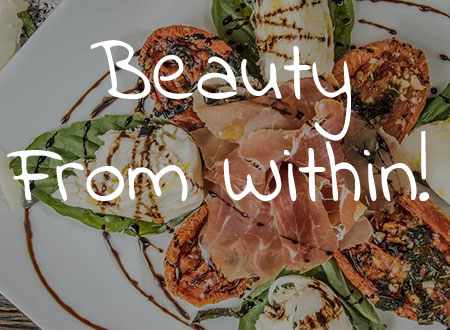

Protecting your vital organs – your heart, brain, lungs, liver and kidneys – will ensure your longevity. The secret lies in the nutrients you put into your body. The key to longevity is in the preventative, rather than the curative. Anti-aging specialist physician Dr Craige Golding believes that adding years onto your life isn’t the answer, but rather, ensuring that those years are healthy ones.
As you age, so your body’s demands for nutrients increases to help fight off disease, ageing and decay. Many of your body’s systems, such as the digestive, excretory and circulatory system become tired from years of use, functioning less efficiently.
Both Golding and registered dietician Celeste Naude agree that you need to make sure the foods you eat are wholesome, have as many vitamins and minerals in them as possible and are rich in both fibre and antioxidants.
Just look at the role-models for longevity – the Okinawans. Research shows that this culture eats 30 to 40 percent less calories than that of the Western world, while their flavonoid consumption is up to eight times more than the Western world, and their daily exercise programmes are moderate to high. It is not unusual for the Okinawan people to live to 100 years and beyond.
“People who keep a healthy weight throughout most of their lifespan and have a healthy, balanced, primarily plant-based diet living longer, healthier lives,” adds Naude.
It is vital that you maintain your own energy balance, as this not only helps you sustain a healthy weight, but can reduce the risk of developing chronic lifestyle conditions associated with being overweight or obese, Naude shares. These includes heart disease, high blood pressure, high cholesterol levels, diabetes and obesity-related conditions.
One way to all-over body protection, is a diet rich in antioxidants (found in fruits, veggies and whole grains) as these help to prevent free radical destruction of cells and the oxidative damage that promotes aging. However, remarks Naude, these antioxidants work best when they are taken from food sources, rather than taken in supplement form. Naude adds that while all nutrients have very specific functions, they work together in the body, and are often dependent on one another for optimum functioning. “By focusing on single nutrients, we are ignoring the complexity of the role of food in disease prevention and treatment.”
With this in mind, individual anti-aging nutrients need to be taken into context, and if you are going to supplement, make sure you do so wisely and always read the labels on your packaging. If you are not sure about what added nutrients you need, speak to a reputable health care expert.
Your brain is a complex system that is the object of much research, and scientists believe that they have just scrapped the surface in understanding how the brain works and what it needs for optimal functioning. What is known is that besides being the centre of the body’s mechanical process, it is also our centre for reason, emotion, learning and memory.
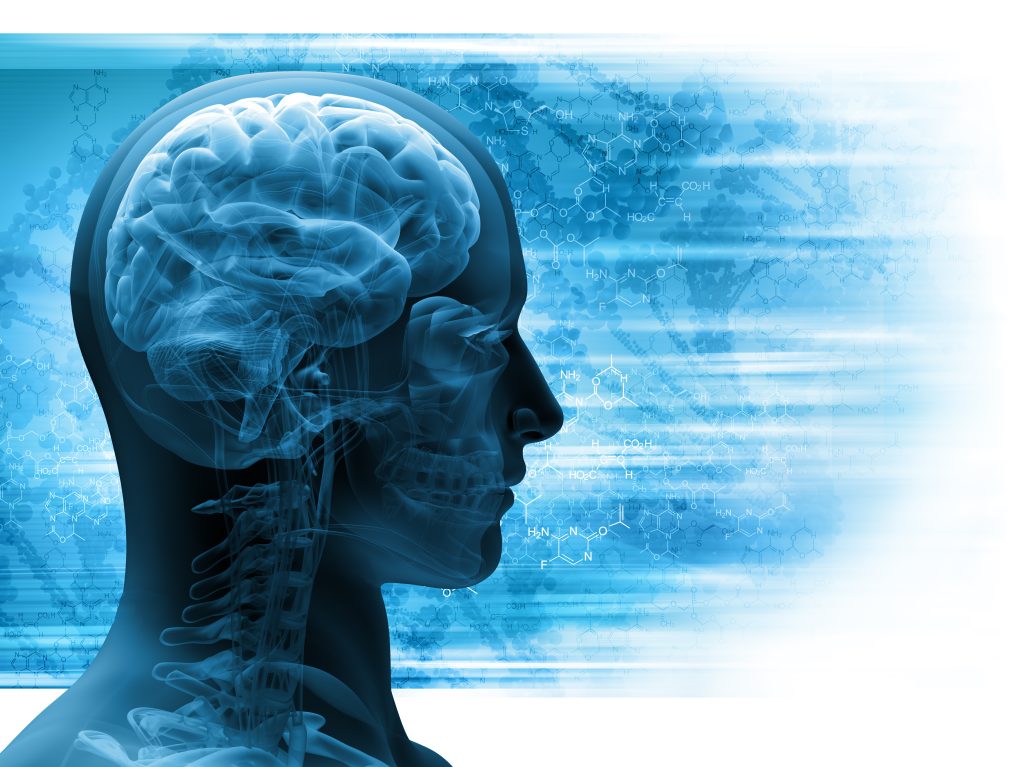

Naude believes that omega-3 fatty acids are vital for optimum brain functioning, and requires more omega-3 fatty acids than any other system in the body. Two important fatty acids to look out for are eicosapentaenoic acid (EPA) and docosahexaenoic acid (DHA), which play vital roles in development and function of the brain, including the transmission of nerve impulses and protection from oxidative stress. “Omega-3 levels in membranes of the brain are affected by the type and amount of fatty acids in the diet, and change with life stage, increasing with development and decreasing with aging. With sufficient quantities of EPA and DHA in the diet, the membranes of the brain can function well,” she explains.
The best natural forms of these fatty acids come from oily fish, in particular salmon, mackerel, herring, tuna, snoek, trout, sardines and pilchards.
Other vitamins and minerals to include in your diet include:


The small fist-sized organ found in your chest pumps to keep you alive. If this organ fails, or has too much strain, oxygen to your body decreases and your systems begin to shut down. This is why it is so vital to keep this organ healthy and strong.
The three top anti-aging nutrients for your heart, explains Naude, are vitamin B1 or Thiamin, Vitamin E and omega-3 fatty acids:
The respiratory system is the combination of organs and tissues that aid in the process of taking in oxygen and releasing the waste product of carbon dioxide explains Golding. His research reveals that electromagnetic radiation can help improve your respiratory system. “Negative ions may reduce respiratory rate and may increase the secretory performance of the mucous membranes of the respiratory system and may improve the movement of the cilia,” he explains.
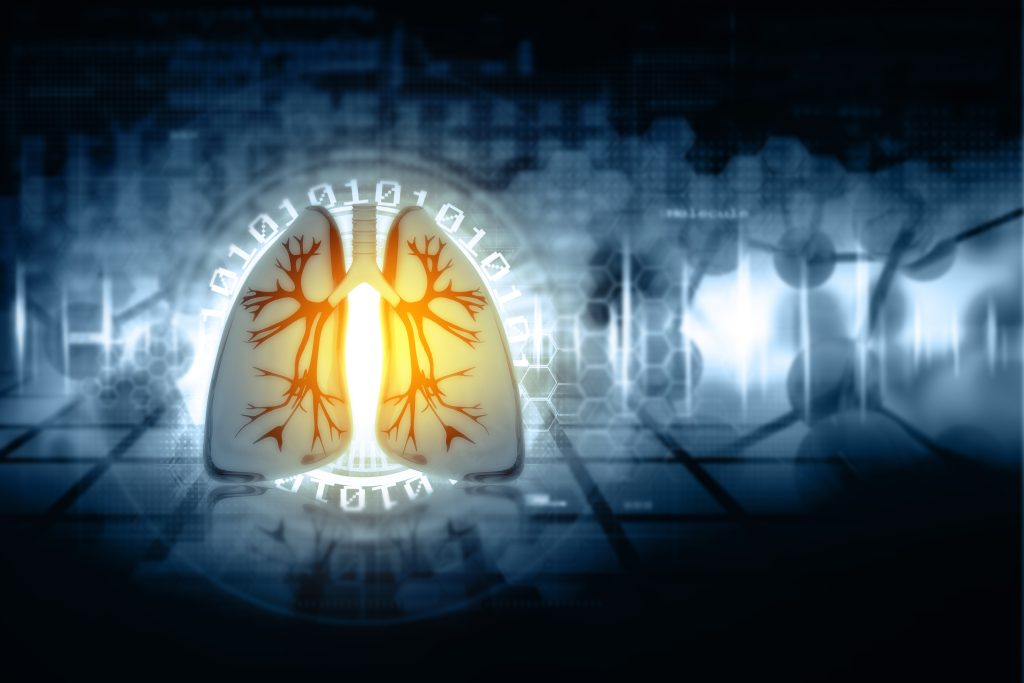

And, when your grandmother insisted that an apple a day would keep the doctor away, she wasn’t far wrong. Golding suggests that in one study, people who ate five or more apples a week, had fewer obstructions in their air passages compared to those who didn’t eat the fruit.
Herbs, such as goldenseal, horseradish and peppermint have all been shown to improve the general function of the respiratory system, while helping to clear the passages (particularly if you succumb to a cold).
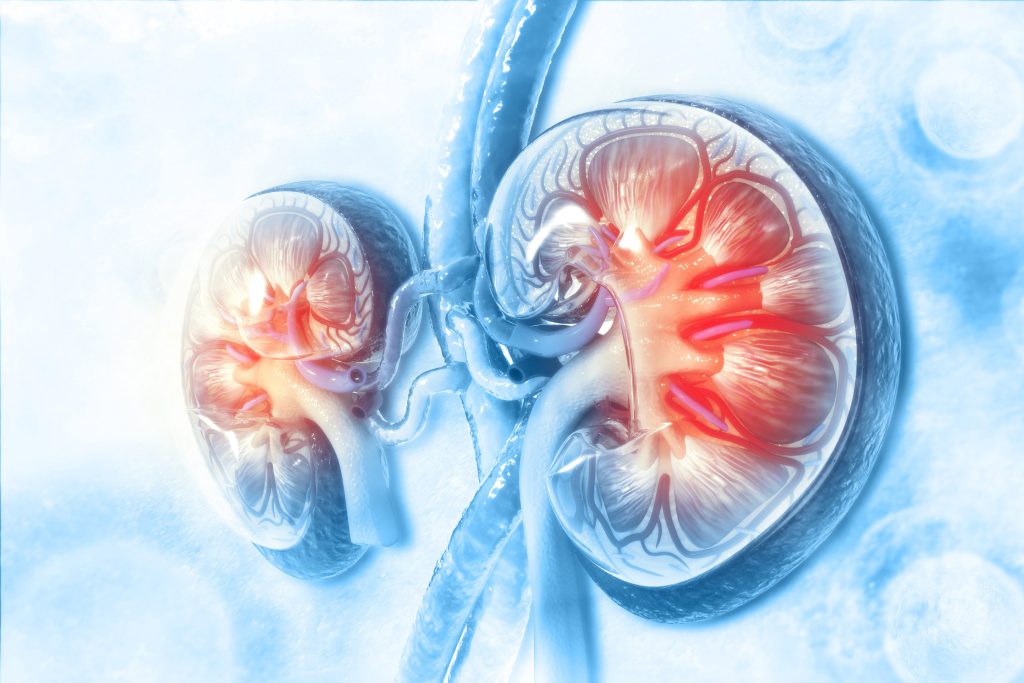

We don’t generally give much thought to our kidneys, unless there is something wrong with them, but they are more important than we give them credit for. The kidneys are a pair of organs situated at the back of your abdomen, below the diaphragm. Their main responsibility is the disposal of waste material from the blood. But these little organs affect many of our other systems including the cardiovascular system, our metabolism as and hormonal balance.
Golding explains that kidneys help to regulate blood pressure, as erythropoietin, the hormone which controls the formation of red blood cells, is produced in the kidneys. Your kidneys, explains Golding, also monitor the quality of your blood so that your body isn’t poisoned by the end products of its own metabolism and the proper volume and composition of its body fluids is maintained.
“Approximately 25 percent of the blood pumped by the heart each minute is filtered by the kidneys and toxins are excreted from the body via this filtration mechanism.” Natural creatine is manufactured by your kidneys, from arginine, methionine and glycine as well as the active form of vitamin D, from its precursor calcidol.
Your kidneys are also the primary organ responsible for maintaining your body’s water balance.
Naude suggests that the important nutrients your kidneys need to maintain health and starve off illness include potassium and sodium:
However, cautions Naude, this doesn’t give you free reign to liberally salt your food. You shouldn’t be consuming more than a teaspoon of salt a day, she adds.
Golding recommends that you look after your amino acids for optimum kidney health. Amino acids, both produced naturally in your body, as well as found in food sources, are you body’s building blocks. He suggests that arginine may improve the function of your kidneys, and help prevent age-related degeneration, while glutamine is essential for optimal health. If your body is lacking in these amino acids, you can supplement.
“Supplemental melatonin may help to prevent kidney damage caused by doxorubicin and mercury,” adds Golding. Mercury can potentially be present in some of the fish you eat, which in turn can potentially inhibit kidney function.
One of the most important anti-aging nutrients that you can take is water. “Water irrigates and cleanses the kidneys, and acts as a carrier vehicle for the excretion of toxins from the kidneys via urine,” Golding explains. Too little water in your diet, and your kidneys cannot function correctly. Ideally you should be drinking two to three litres of water a day, but this can also be taken in the form of herbal and green teas. Green tea itself is known to enhance the function of your kidneys, and you can give your self some extra protection by adding the herb lemon grass to your tea, as this too has health benefits.
“Interestingly, the supplement spirulina can help prevent damage to the kidneys caused by kidney stones, while watermelon has been claimed to ‘clean’ the kidneys,” Golding adds.
How do you know if you have a kidney malfunction – check your feet, suggests Golding as excessive foot odour is a sign of kidney problems.
According to the British Liver Trust, your liver has more than 500 functions, quite impressive for such a small organ. Briefly, your liver processes digested food from the intestine, controls levels of fats, amino acids and glucose in the blood and combats infections in your body. Plus, it clears the blood of particles and infections, and helps to neutralise and destroy drugs and toxins. It manufactures bile, stores iron, vitamins and other essential chemicals and helps break down your food, turning it into energy. It also regulates hormones, including your sex hormones and makes enzymes and proteins which are responsible for most chemical reactions in your body, including those involved in blood clotting and the repair of damaged tissues.
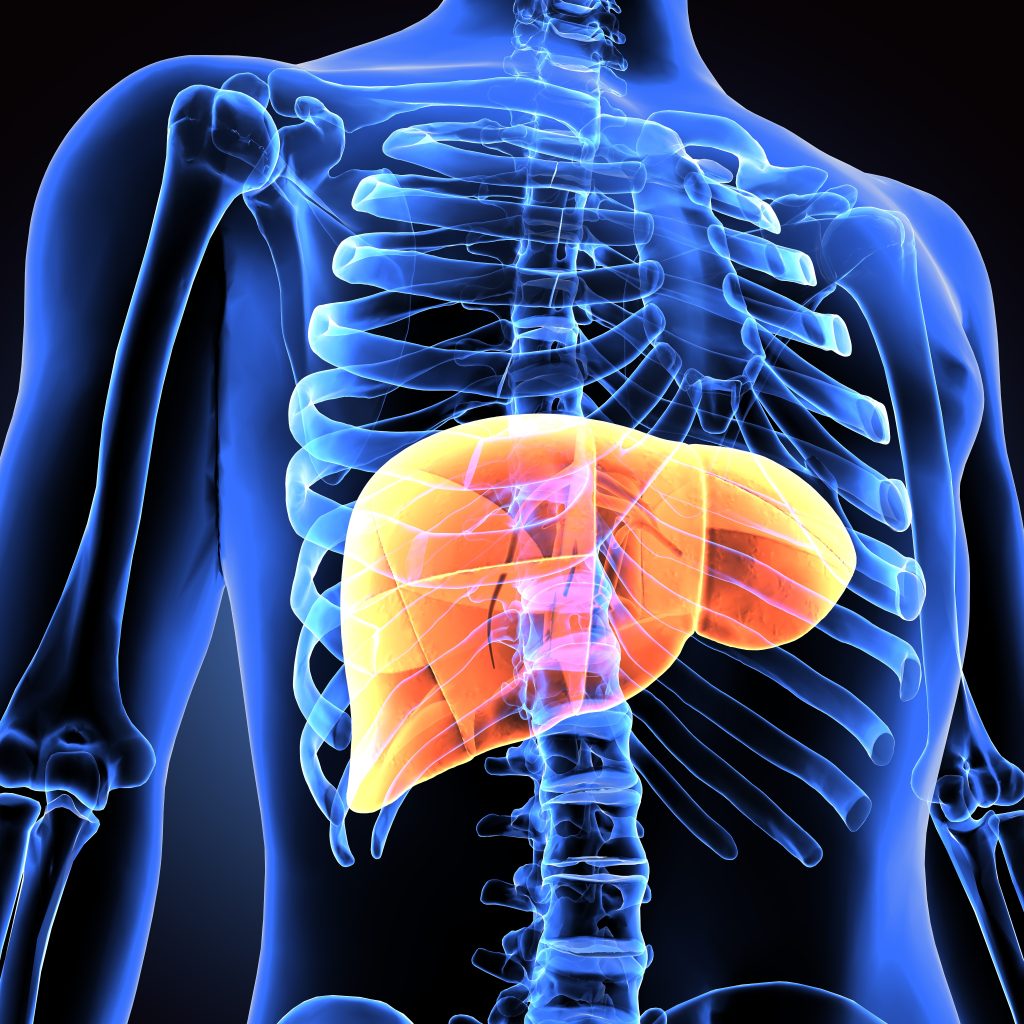

All of this makes it vital to ensure that the organ is maintained and kept at an optimum health level. By protecting this organ, you are helping to prevent anti-ageing. Naude believes that the nutrients vitamin B3 or niacin will assist in keeping the blood flow healthy. However, she adds, diets with adequate protein intake will not likely be lacking in niacin, which is commonly found in meat, liver, poultry, fish, beans, nuts, whole and enriched grains, peas, mushrooms, asparagus and green leafy veggies.
Vitamin K also plays an important role in blood clotting mechanisms, and is found in leafy vegetables, cabbage, liver and to a lesser degree, in eggs, meats, cereals and other fruit and vegetables.
Another vital mineral is calcium as helps blood vessel contraction and dilation. Again, calcium is found in dairy products, broccoli, mustard and turnip greens, bok choy, parsley, watercress, canned fish containing bones, calcium fortified juice, soy milk , tofu and cereals.
Another important nutrient for the liver is resveratrol, a polyphenol that is found in blueberries, grapes and some nuts. Research shows that grapes grown in wet areas tend to have more resveratrol than others. This antioxidant is quickly absorbed, reaching your bloodstream in less than 30 minutes, and is metabolized rapidly by your liver. Studies reveal that resveratrol can protect the body from going into an inflamed state, one of the markers of aging. Aside from helping protecting the liver, it helps prevent plague buildup in the arteries, boosts nitric oxide levels, improves eye and bone health, and protect your joints.
All in all, the experts agree, that it is what you take into your body now, that will help protect you against rapid or early aging later on. “It’s not that we want to delay death, or increase our longevity substantially, but rather ensuring that the years we do have are of high quality. Who wants to be 90 and infirm?” remarks Golding.


Follow the example of the Okinawan people:
Watch Dr. Golding talk on Integrative and Anti-Aging Medicine.
Sign up for our newsletter to find out more about the exciting world of integrative medicine